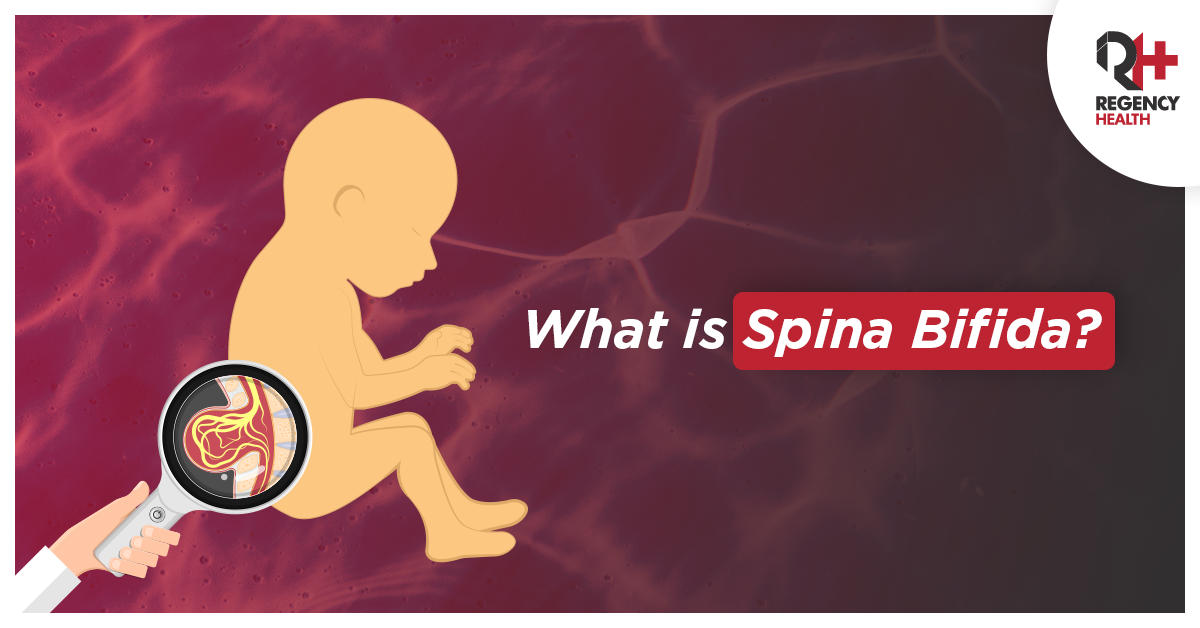Monsoon brings refreshing rains but also a rise in infections due to humidity, stagnant water, and unhygienic conditions. Awareness and timely precautions can help avoid illness. Below are 12 common monsoon diseases along with their symptoms, prevention, and treatment.
Blogs
Hypercholesterolemia is defined as a condition with high cholesterol levels in the blood. More specifically, it means high levels of low-density lipoprotein cholesterol (bad cholesterol) or LDL cholesterol in the blood. You could also say it is low levels of high-density lipoprotein cholesterol (good cholesterol) or HDL cholesterol.
Breathing is something we do every moment, yet it rarely gets the attention it deserves. As we age or face modern lifestyle challenges like pollution, stress, sedentary habits, and post-viral recovery, our respiratory health often takes a hit. This is where lungs exercise becomes essential, not just for breathing better but for improving overall fitness and wellbeing. In recent years, especially after Covid-19, awareness around lung health, oxygen saturation, and breathing capacity has grown significantly. Many people now track SpO2 levels using pulse oximeters and actively look for ways to strengthen their lungs. Regular lungs exercise can help maintain healthy oxygen levels, support immunity, and reduce fatigue and anxiety.
Sexually Transmitted Infections (STIs) are infections spread among people through sexual contact with each other. Typically, they are spread by anal, oral, or vaginal intercourse. However, they can occasionally be transmitted by additional sexual contact with the penis, vagina, mouth, or anus. This is due to the fact that some STDs, such as herpes and HPV, are spread through skin-to-skin contact.
Osteoporosis translates to "porous bone." It is a condition where bones weaken, thereby increasing your chance of facing fractures and other bone issues. Osteoporosis causes severe damage to the bones and weakens them by reducing the overall mass of the bones. The symptoms of Osteoporosis can progress without giving many warning indicators. This is why, the condition is not discovered in most cases till the patient suffers from a fracture. The majority of these involve hip, wrist, and spine fractures.
The goal of nutrition is to provide your body with the nutrients it needs through a healthy, balanced diet. Our bodies have specific nutritional requirements which should be fulfilled in order to lead a healthy life. They contain water, vitamins, minerals, proteins, fats, and carbohydrates.
India was the first nation in the world to introduce a national programme for family planning back in 1952. The government brought in various contraceptive methods, such as female sterilization, non-scalpel vasectomy, oral contraceptive pills, intrauterine devices, emergency contraceptive tablets, condoms, and pregnancy test kits as a part of its family planning initiatives.
The majority of tobacco users have frequent strong impulses to smoke. Regardless of how many cigarettes a smoker smokes, he/ she must have often pondered over the question of how to quit smoking. Smokers can resist these urges by taking a strong stand against these cravings.
When it comes to digestive health, we should keep in mind that it is directly impacted by the foods we eat and the lifestyle we live. By employing some healthy habits, our digestive system can function more efficiently, improving our overall health and sense of well-being.
Spina Bifida is the most common permanently disabling birth defect that is associated with life. It is a condition in which the neural tube, a layer of cells that ultimately develops into the brain and spinal cord, fails to close completely during the first few weeks of embryonic development. As a result, when the spine forms, the bones of the spinal column do not close completely around the developing nerves of the spinal cord.

 Call-an-Ambulance
Call-an-Ambulance













